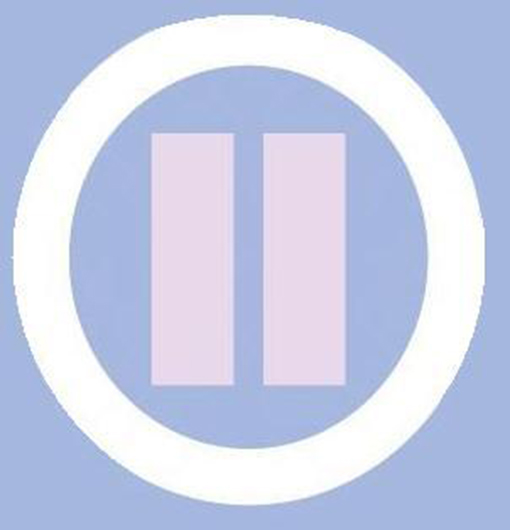
Do you sometimes want to say, “I don’t care,” when you hear suggestions about what to do or not do to become healthier? I mean really, every now and then don’t you get tired of keeping track of information about the best way to eat, exercise, sleep, sit, get checkups, and so on? In this age of information overload staying up to date about the best way to stay healthy can be confusing.
What are you supposed to do? How often? What new health no-no’s have been discovered? Sorting it all out, then mustering the determination and energy to actually do it, can feel like adding one more commitment to your already overflowing plate of responsibilities.
At times like that I recommend going back to the basics. When you understand health and wellness basics you can apply them to your personal wellness needs at anytime. It helps cut through confusion and get out of overwhelm.
You can’t boil all health information down to three simple statements. You can, however, summarize some key facts that can form the foundation for creating a healthy lifestyle that makes sense for you. Remembering these three statements can help you evaluate your health needs and chart a course to personal wellness that addresses your unique needs.
1) Being healthy means more than just not being sick. If you only remember one thing, remember this. Not so you become worried about undetected illness brewing under the surface. Worry won’t help you become healthier. Paying attention to your body’s cues, however, and staying motivated to look and feel rested can.
Lack of illness doesn’t mean something isn’t brewing. Early signs of illness can show up as subtle changes in your energy, appearance, and mood. This usually happens before evidence of illness shows up. You’re not sick, but also aren’t healthy. True health considers more than just your body.
The word “healthy” means “whole,” as in functioning at your best in all areas. Some call it mind, body, and spirit health. I call it the five arenas of health and wellness: Physical, mental, emotional, social, and spiritual
That leads to important thing to remember #2:
2) There’s more to a healthy lifestyle then food and fitness. You can eat well, exercise & still be stressed, depressed, lonely, or in toxic social situations like a high stress job or dysfunctional relationships. That’s an unhealthy lifestyle. Any of these factors can lead to physical problems. Even if you don’t you’re still not truly healthy if your other arenas are out of whack. Our lifestyle affects many systems in our body and mind.
That brings us to #3:
3) You’re not a slave to your genes or family history Genetics and family can influence your health but you can make choices that decrease the risks they might present. A scary family history doesn’t have to frighten you into thinking you’ll definitely develop a dreaded disease. It also doesn’t have to make you feel helpless or hopeless. You don’t have to resign yourself to doing nothing because you’re going to develop the disease anyway.
We’re learning a lot about epigenetics, the science of what effects how genes express (i.e what turns genes on and off). That’s a huge topic. For now, don’t add that to your “one more thing to know” pile. Just remember that healthy habits can decrease many health risks, even some genetic risk factors.
Some healthy habits positively affect many systems. Eating well, exercising, getting enough high quality sleep, and managing stress are four healthy lifestyle biggies. These habits not only directly help your body and mind become healthier, but also can help some healthy genes turn on and unhealthy genes turn off.
The next time you’re feeling tired, overwhelmed, or confused about what to do to become healthy or where to start, remember these three facts and let them guide you to your next most appropriate step toward becoming healthier.
Be well.
The Ultimate Health and Wellness Guide Dr. Donna Hamilton, MD has a mission to help everyone live the healthy, satisfying lives they’re meant to lead. Dr. Hamilton passionately teaches what being healthy really means and how to do it in a way that fits your unique needs. Her easy, practical tips assist you with assessing the entire wellness landscape and appropriately planning your personal wellness journey. A dynamic holistic wellness speaker and wellness luminary, she champions a comprehensive approach to health by addressing mental, emotional, social, spiritual & physical well-being.
Dr. Hamilton-a former board certified pediatrician-now specializes in health optimization. She retired her white coat and stethoscope and now speaks nationally about holistically improving health and well-being. To book Dr. Hamilton for speaking engagements visit www.ManifestExcellence.com
- 10 Quick, Easy Holiday Self-Care Tips - December 15, 2017
- Health Benefits of Kindness and Compassion - June 3, 2017
- Why Self-Care is Good for Your Health - May 10, 2017






Everyone loves what you guys are usually up too. This type of clever work and exposure!
Keep up the fantastic works guys I’ve incorporated you guys
to blogroll.